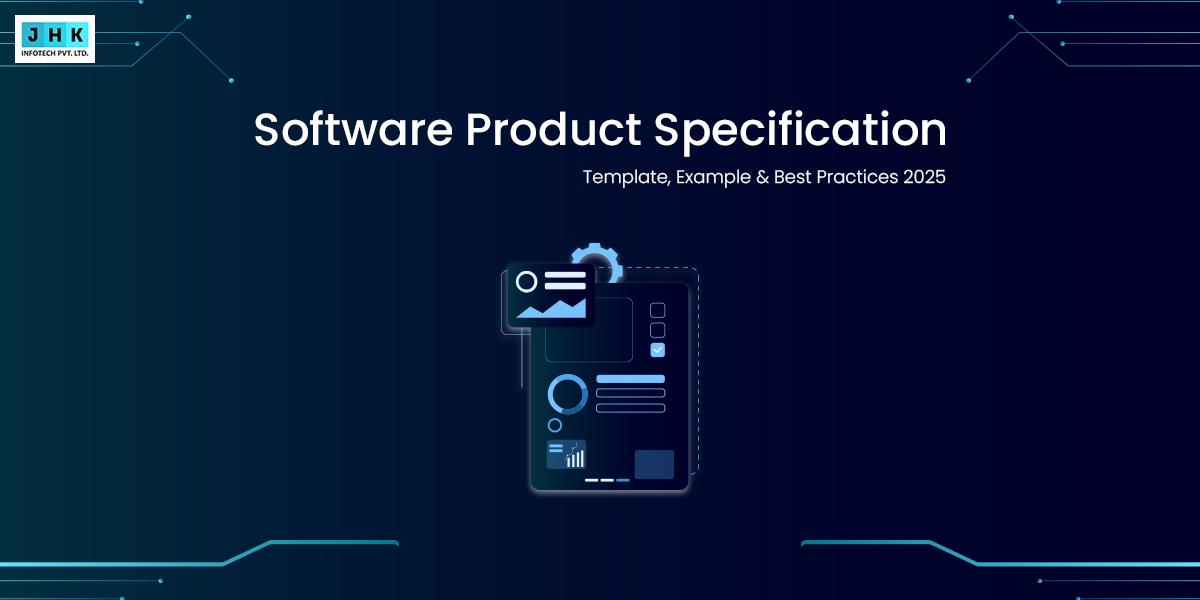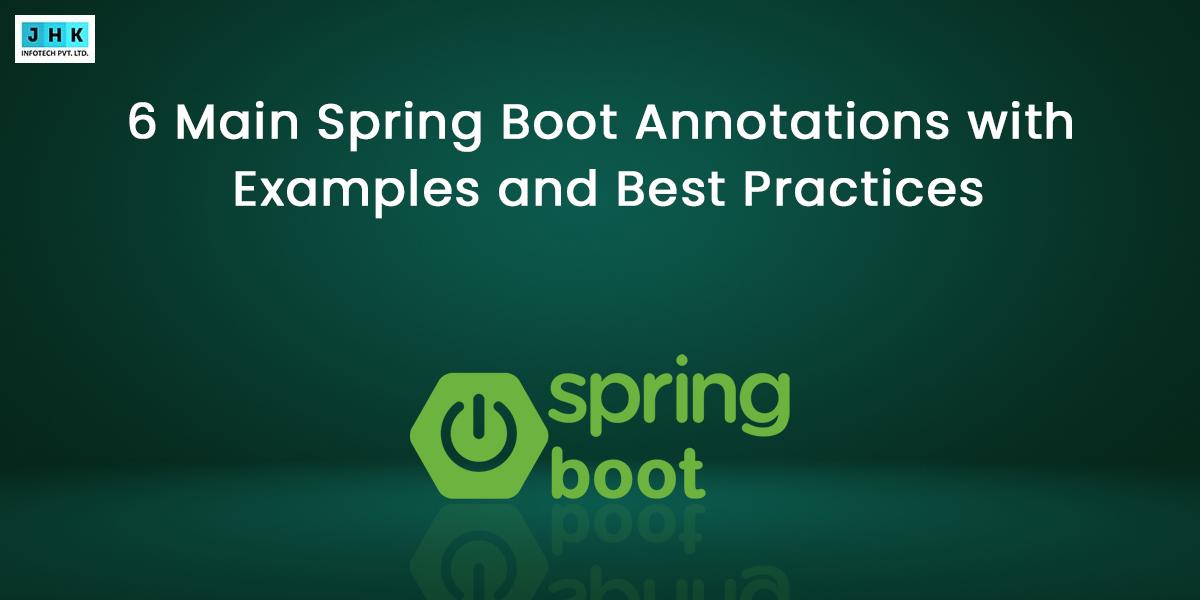Top AI Recruitment Tools You Need to Know

Artificial Intelligence (AI) has rapidly advanced, transforming a wide range of industries, including recruitment. By introducing intelligent algorithms and data-driven processes, AI is revolutionizing how companies identify, engage, and hire talent. Understanding the core aspects of AI in recruitment can help businesses improve their hiring processes.
Why AI is Transforming Recruitment
AI is altering the recruitment landscape by introducing efficiencies that weren’t possible with traditional methods. From automating repetitive tasks to enhancing candidate selection, AI provides a technological edge to stay ahead in the competitive hiring market.
Benefits of Using AI in Recruitment
Reducing Bias in Hiring
AI can help minimize unconscious biases during the hiring process by focusing on objective data points, which can result in more diverse hiring outcomes.
Accelerating Candidate Screening
Tools can swiftly analyze large volumes of resumes, reducing the time it takes to find qualified candidates.
Improving Talent Acquisition Efficiency
By automating routine tasks such as initial screening and interview scheduling, AI allows HR professionals to focus on more strategic initiatives.
Enhancing Candidate Experience
AI-driven chatbots and personalized communication tools keep candidates informed throughout the recruitment process, ensuring a smoother experience.
Data-Driven Decision Making
AI empowers recruiters to make more informed decisions through predictive analytics, providing insights based on historical data and trends.
AI Recruitment Tools: An Overview
Recruitment AI tools encompass a broad range of technologies that automate and optimize different stages of the hiring process. These tools leverage machine learning, natural language processing, and predictive analytics to enhance efficiency and effectiveness.
Types of AI Recruitment Tools
Applicant Tracking Systems (ATS)
ATS systems streamline the entire recruitment lifecycle, from posting job openings to tracking applicants and their progress through the hiring funnel.
Resume Screening
AI tools scan resumes for relevant keywords and qualifications, instantly filtering out unsuitable candidates and elevating those who meet the criteria.
Interviewing Platforms
These platforms utilize AI to assess candidate responses during interviews, analyze tone, language, and non-verbal cues, and predict future job performance.
AI for Candidate Engagement
AI chatbots engage with candidates, answer their queries, and even conduct initial interviews, creating a seamless interaction.
AI in Predictive Analytics for Hiring
AI-powered predictive analytics tools help recruiters predict which candidates will be the best fit based on historical performance data and other metrics.
Top AI Recruitment Tools for 2024
The year 2024 promises a new wave of innovative AI recruitment tools designed to further streamline and enhance hiring processes across industries.
AI-Powered Applicant Tracking Systems (ATS)
What is an ATS?
An ATS is a software application that automates the recruitment process by managing job postings, applications, and candidate tracking.
Features of AI-Driven ATS
ATS systems include features such as resume parsing, intelligent ranking, and automated interview scheduling to optimize the candidate journey.
Best AI-Powered ATS Tools in 2024
Some of the best ATS tools in 2024 include systems that combine machine learning algorithms with advanced analytics to offer tailored candidate experiences.
AI for Resume Screening
How AI Optimizes Resume Screening
Analyze resumes in real time, comparing them against job requirements and ranking candidates based on their fit.
Key Benefits of AI in Resume Screening
The major benefits of AI-powered resume screening include time savings, improved accuracy, and the ability to handle large volumes of applications efficiently.
Best AI Resume Screening Tools
Top AI resume screening tools for 2024 offer enhanced accuracy in detecting relevant skills and experience, making it easier to identify top candidates quickly.
AI-Driven Interviewing Platforms
The Rise of AI in Interviews
AI interviewing platforms are gaining traction by using natural language processing and machine learning to assess candidate competencies more effectively.
How AI Enhances the Interview Process
These platforms help reduce interviewer bias, automate feedback, and provide data-driven insights into a candidate’s potential.
Top AI Interviewing Tools in 2024
Leading AI-driven interviewing platforms for 2024 focus on streamlining the interview process through automation, video analysis, and detailed performance metrics.
AI for Candidate Engagement
Automating Candidate Communication with AI
AI tools streamline communication by automating responses to candidate queries, ensuring timely updates and providing a seamless recruitment experience.
How AI Personalizes Candidate Engagement
By using AI, recruiters can deliver personalized communication based on candidate preferences, improving the overall experience.
Best AI Tools for Candidate Engagement
The top AI tools for candidate engagement use conversational interfaces, predictive messaging, and personalized content delivery to enhance interactions.
AI in Predictive Analytics for Hiring
Predictive Analytics in Recruitment
Predictive analytics tools help recruiters predict hiring outcomes by analyzing past performance, behaviour patterns, and other relevant data.The Role of AI in Predictive Hiring Decisions
AI-enhanced predictive hiring tools use machine learning models to forecast which candidates are most likely to succeed in a role based on data trends.
Top AI Tools for Predictive Analytics in Recruitment
These tools are designed to analyze vast amounts of historical data to provide precise hiring predictions that improve the quality of hires.
How AI Recruitment Tools Reduce Hiring Bias
AI recruitment tools mitigate bias by standardizing the evaluation process, relying on objective data instead of subjective judgments.
Improving Diversity Hiring with AI
AI technology can enhance diversity in recruitment by identifying diverse candidate pools and removing biased language from job descriptions.
How AI Enhances Candidate Matching
AI-Powered Job Matching Algorithms
These algorithms match candidates with job openings based on skills, experience, and behavioural patterns to increase placement accuracy.
Best AI Tools for Candidate Matching
Top tools in this space offer dynamic matching capabilities, ensuring a better alignment between candidates and job roles.
The Impact of AI on Talent Acquisition
AI’s Impact on Sourcing Talent
AI helps recruiters quickly identify top talent by automating the sourcing process and ranking candidates based on their qualifications.
AI-Driven Talent Acquisition Tools
The best AI-driven talent acquisition tools optimize sourcing and recruitment, making it easier to find and engage top-tier candidates.
AI for Automating Recruitment Processes
AI-driven automation tools streamline recruitment tasks, from sourcing to interviewing, by automating workflows and reducing manual effort.
The Role of Chatbots in AI Recruitment
How Chatbots Assist in Hiring
AI-powered chatbots assist recruiters by handling large volumes of candidate inquiries and conducting initial screenings, freeing up HR teams to concentrate on more complex and strategic tasks.
Best AI Chatbots for Recruitment
Top AI chatbots offer conversational interfaces, providing candidates with real-time updates and answers to frequently asked questions.
AI-Driven Video Interviewing Platforms
How Video Interviews Benefit from AI
AI enhances video interviews by analyzing candidate responses, non-verbal cues, and overall performance to provide deeper insights into candidate suitability.
Top AI Video Interviewing Platforms
The leading AI video interviewing platforms in 2024 offer real-time analysis, feedback automation, and predictive performance metrics.
AI and Employee Assessments
How AI is Used for Employee Assessment
AI tools assess candidate skills, competencies, and behavioural traits to predict long-term performance and fit within the organization.
Best AI Tools for Employee Assessment
Top tools offer predictive assessments that help companies gauge a candidate’s potential success within specific roles.
AI Tools for Recruitment Marketing
AI recruitment marketing tools help organizations attract talent by optimizing job postings, personalizing communication, and targeting suitable candidates.
The Future of AI in Recruitment
Emerging Trends in AI Recruitment
As AI continues to evolve, expect new trends such as real-time predictive analytics, more advanced AI chatbots, and enhanced diversity solutions.
Predictions for AI Recruitment Tools in 2025
AI recruitment tools will continue to become more sophisticated, offering deeper insights, enhanced automation, and a greater focus on fairness and ethics.
Challenges of Using AI in Recruitment
The Issue of AI Bias in Hiring
Despite efforts to reduce bias, AI can sometimes reinforce existing biases if trained on biased data sets, necessitating careful monitoring.
Data Privacy Concerns with AI Recruitment Tools
AI tools require access to vast amounts of personal data, raising concerns about how that data is stored, used, and protected.
How to Choose the Right AI Recruitment Tool
Identifying Key Needs in Recruitment
Choosing the right AI recruitment tool starts with identifying the specific needs of your hiring process, such as automation, engagement, or assessment.
Evaluating AI Recruitment Tools Based on Feature
When evaluating AI tools, consider key features such as scalability, integration, customization, and ease of use.
AI in Recruitment: Myths vs. Reality
There are many myths surrounding AI in recruitment, such as concerns that it will fully replace human recruiters. In reality, AI is a tool to augment human capabilities, not replace them.
Case Studies of AI in Recruitment
AI-Driven Recruitment Success Stories
Several companies have successfully implemented AI in their recruitment processes, seeing significant improvements in efficiency and diversity.
How Companies Have Transformed Hiring with AI
From global corporations to small businesses, AI has transformed hiring by streamlining processes and providing deeper insights into candidate data.
How AI Recruitment Tools Impact Small Businesses
Benefits of AI for SMB Recruitment
Small and medium-sized businesses benefit from AI by improving recruitment speed, quality, and cost-effectiveness.
Best AI Tools for Small Business Recruitment
Top AI tools for SMBs are affordable, scalable, and designed to meet the unique needs of smaller organizations.
How Large Enterprises Use AI in Recruitment
Large enterprises utilize AI to manage vast candidate pools, automate tasks, and implement more sophisticated talent acquisition strategies.
Ethical Considerations in AI Recruitment
The Ethics of AI in Hiring Decisions
The ethical use of AI in hiring involves ensuring transparency, fairness, and accountability in how AI-driven decisions are made.
AI Transparency in Recruitment
Companies must ensure that candidates understand how AI is being used in their recruitment processes and the implications for their applications.
Recruitment Tools and Integration with HR Systems
How to Integrate AI with Existing HR Systems
Successful AI integration requires compatibility with existing HR software, ensuring a seamless transition and workflow optimization.
Key HR Integrations for AI Tools
AI tools should integrate with core HR systems such as payroll, employee management, and performance tracking.
Data Security
Ensuring Data Privacy with AI Recruitment Tools
Organizations must follow best practices to ensure that the personal data collected by AI recruitment tools is stored securely and used ethically.
Best Practices for Securing Recruitment Data
Encrypting sensitive data, implementing access controls, and regularly auditing AI systems are key to maintaining data privacy.
Industry-Specific Tools
AI Tools for Tech Hiring
Designed for the tech industry focus on matching candidates with highly specialized skills and competencies.
AI in Healthcare Recruitment
In healthcare, AI recruitment tools help organizations quickly identify candidates with the right qualifications and certifications.
The Role of AI in Remote Hiring
Recruitment tools are instrumental in remote hiring, helping companies manage virtual interviews, assessments, and onboarding processes.
A Role of AI in Shaping the Future of Remote Work
As remote work continues to grow, AI will play a crucial role in streamlining remote hiring and team management processes.
AI Recruitment Tools for Global Hiring
AI-powered tools facilitate global hiring by overcoming language barriers, automating time zone coordination, and ensuring compliance with local regulations.
Final Thought
AI recruitment tools are continuously evolving, offering businesses the opportunity to streamline their processes, improve decision-making, and create a more inclusive hiring landscape. As we look toward the future, it’s clear that AI will continue to play a pivotal role in shaping the recruitment industry.










